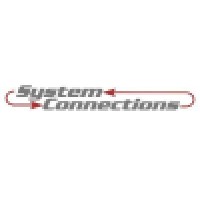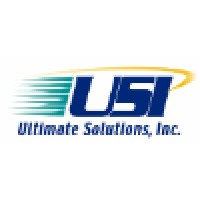
System Connections
System Connections provides Tandem / HP NonStop hardware maintenance for your S-series and K-series servers. We offer comprehensive and competitively priced hardware maintenance, professional services and training for your legacy NonStop environments. We also sell fully tested HP NonStop equipment and will give you top dollar to purchase your equipment. System Connections has an imbedded systems support organization in the field and we maintain a critical spares inventory on site. Our field support engineers have extensive Tandem experience with Tandem/HP accreditation. We can offer substantial savings on your present system maintenance costs. Details of our offerings can be found at our website, www.system-connections.com.






